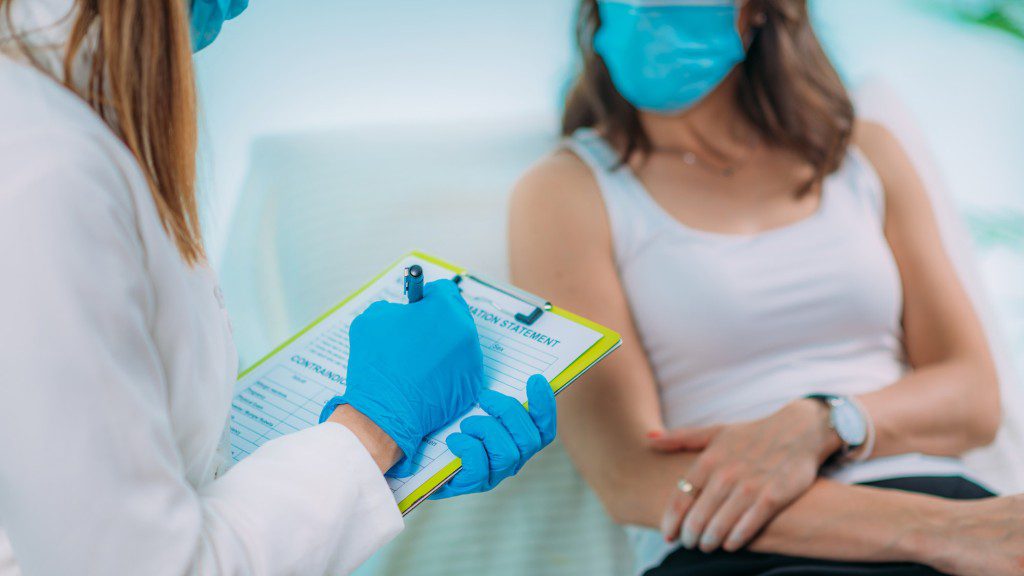
Protected Health Information (PHI) is any information that is related to an individual’s health status, treatment, or payment for healthcare services. PHI includes a wide range of data such as medical records, lab results, insurance information, and personal identifiers like name, address, and social security number. The confidentiality of PHI is critical to maintaining trust between patients and healthcare providers.
The Health Insurance Portability and Accountability Act (HIPAA) was enacted in 1996 to protect the privacy of individuals’ health information. HIPAA sets national standards for the protection of PHI by healthcare providers, insurers, and other entities that handle this sensitive data. HIPAA requires covered entities to implement administrative, physical, and technical safeguards to ensure the confidentiality of PHI.
Administrative safeguards include policies and procedures for handling PHI such as access controls and workforce training. Physical safeguards include measures like secure storage areas for paper records or locked cabinets for electronic devices containing PHI. Technical safeguards involve using encryption or other security measures to protect electronic PHI from unauthorized access.
HIPAA also gives individuals certain rights regarding their own health information. Patients have the right to access their own medical records and request corrections if necessary. They can also request that their health information not be shared with certain parties such as family members or employers.
Violations of HIPAA can result in significant penalties including fines up to $1.5 million per violation. Healthcare providers must take all necessary precautions to ensure the confidentiality of patient data at all times.
In conclusion, Protected Health Information (PHI) is a vital component in maintaining trust between patients and healthcare providers. The confidentiality of this sensitive data must be protected at all times through administrative, physical, and technical safeguards outlined by HIPAA regulations. Healthcare providers must remain vigilant in their efforts to maintain patient privacy while providing quality care services.
